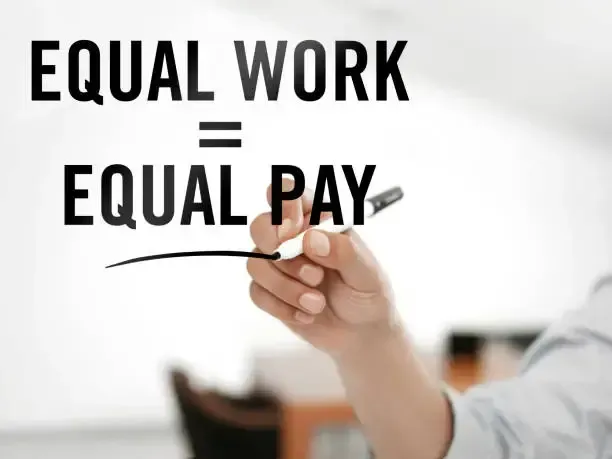Counterclaims and Crossclaims
Our last blog covered a few common types of pleadings one might encounter. Of those, we briefly mentioned counterclaims and crossclaims. Here, we will dive deeper into that vocabulary.

Counterclaims
Only after the original claim has been filed can a counterclaim against the opposing party be filed. Within the trial, the plaintiff acts defensively, and the defendant acts offensively regarding these counterclaims. In this case, the defendant bears the burden of proof on counterclaims.
Compulsory and Permissive Counterclaims
There are different forms of counterclaims, compulsory and permissive.
Compulsory Counterclaims
Something referred to as "common law compulsory counterclaims" are counterclaims that, if successful, would nullify the plaintiff's claim. This means that when a defendant does not raise these counterclaims, they cannot sue them later in a different lawsuit.
For example, let us say that company A sued company B because they breached a contract. However, in the process, company B did not make any counterclaims. As a result, company B cannot later sue company A for fraudulently inducing it to sign the contract in the first place.
Permissive Counterclaims
Permissive counterclaims address matters unrelated to the plaintiff's claims.
Suppose the defendants' counterclaims address the same basic issues as the plaintiff's claims. In that case, courts usually handle the claims and counterclaims simultaneously. However, if the counterclaims involve distinctly different issues, the court may choose to address them separately.
Crossclaims
A cross-complaint, also called "crossclaim," is an independent claim brought by a party against another party, anyone who is not already a party to the lawsuit. Crossclaims must proceed from the settlement agreement or the emergence of a claim by the plaintiff against the defendant.
For example, suppose a pedestrian plaintiff sues a car owner defendant and a driver defendant for a traffic accident. In that case, the owner defendant may counterclaim the driver defendant.
Counterclaims and Crossclaims
In short, a counterclaim is a legal action that is filed against someone who has already been sued. If the defendant has yet to be served, they cannot file a counterclaim. Crossclaims are similar to a counterclaim, except that it is filed against someone other than the person being sued.
Still not sure how counterclaims and crossclaims work? Give Mitchiner Law a call or make an appointment to stop by and see what we can do for you!











